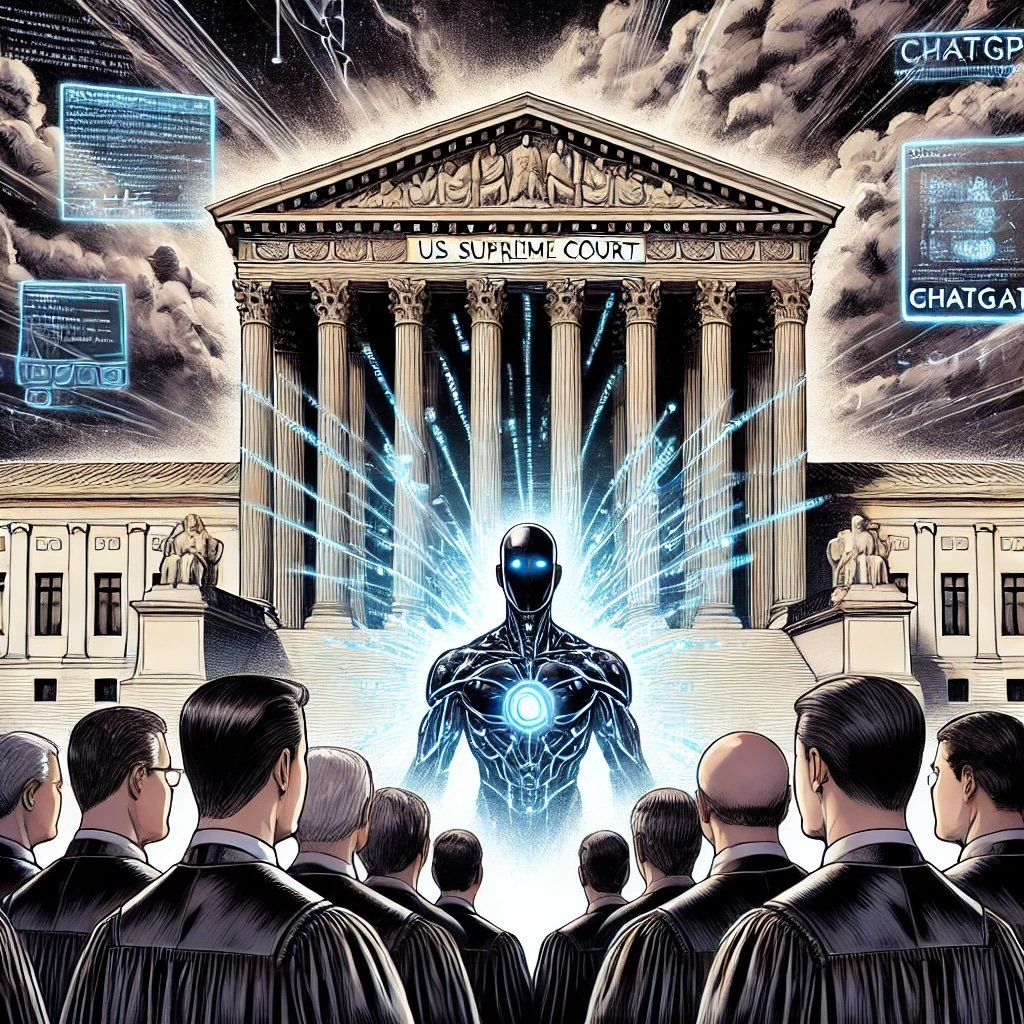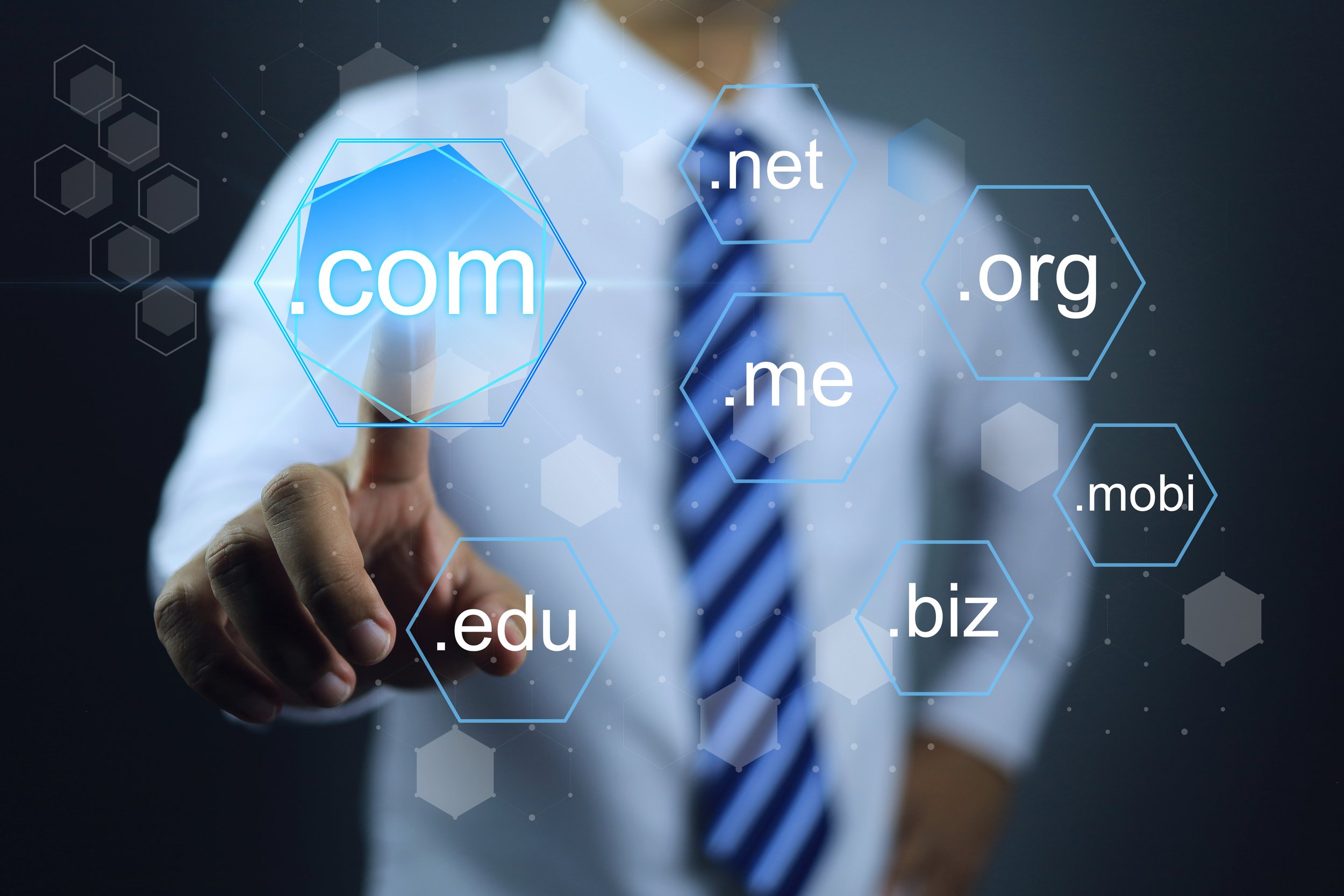🎙️ Ep. 108: Women Leading Legal Tech: Sonya Palmer on AI, Apple Setup And Essential Tools.
/Our next guest is Sonya Palmer, COO of Rankings.io and host of the LawHer podcast.
Today, Sonya shares her expertise on women's roles in legal tech, AI-powered marketing, and optimizing workflows within the Apple ecosystem. She addresses common misconceptions about women in law and technology, offers top tech tips for using social media to grow a legal practice, and highlights frequent mistakes professionals make when adopting AI. Sonya also provides practical advice for disconnecting from work, especially for attorneys, and explores how men and women approach tech-based disconnection differently.
Join Sonya and me as we discuss the following three questions and more!
It's an interesting fact that more women than men play video games. What are the top three misconceptions people have about women in technology and the practice of law?
What are our guest's top three tech tips for using social media to promote a law practice?
What are our guest's top three tech tips for disconnecting from work to get peace of mind while maintaining oversight of the practice? Is there a difference between how men and women better disconnect? If so, what are the top three differences and top three similarities between the two?
In our conversation, we cover the following:
[00:56] Sonya's Tech Setup
[06:15] Misconceptions About Women in Technology and Law
[08:07] Tech Tips for Social Media Promotion in Law Practice
[12:30] Common Errors in Using AI for Marketing
[16:03] Tech Tips for Disconnecting from Work
[20:54] Differences and Similarities in Disconnecting for Men and Women
[22:35] Contact Information
Resources:
Connect with Sonya:
Email: sonya@rankings.io
LinkedIn:linkedin.com/in/sonyapalmer/
Website: rankings.io/
Podcasts Mentioned in the episode:
LawHer Podcast: https://rankings.io/lawher?3c3853b3_page=3&f4df4899_page=2
Mac Geek Gab Podcast: macgeekgab.com/
Mac Power Users Podcast: open.spotify.com/show
Hardware mentioned in the conversation:
Logitech MX Master Mouse: logitech.com/en-in/mx/master-series
Nintendo Switch: nintendo.com/us/gaming-systems/switch
Oura Ring: ouraring.com
Scarlett 2i2 Audio Interface: focusrite.com/products/scarlett-2i2-3rd-gen
Shure Microphone: shure.com/en-us/products/microphones
Whoop Band: whoop.com
Software & Cloud Services mentioned in the conversation:
Buffer: buffer.com/
Claude.ai:claude.ai/
ClickUp: clickup.com/
Keeper Security: keepersecurity.com/
MacRumors: www.macrumors.com
Manus: manus.im/
NotebookLM: notebooklm.google/
Notion: notion.com/
Perplexity: perplexity.ai/
Slack: slack.com/
Sunsama: sunsama.com/
Superhuman: superhuman.com/






















